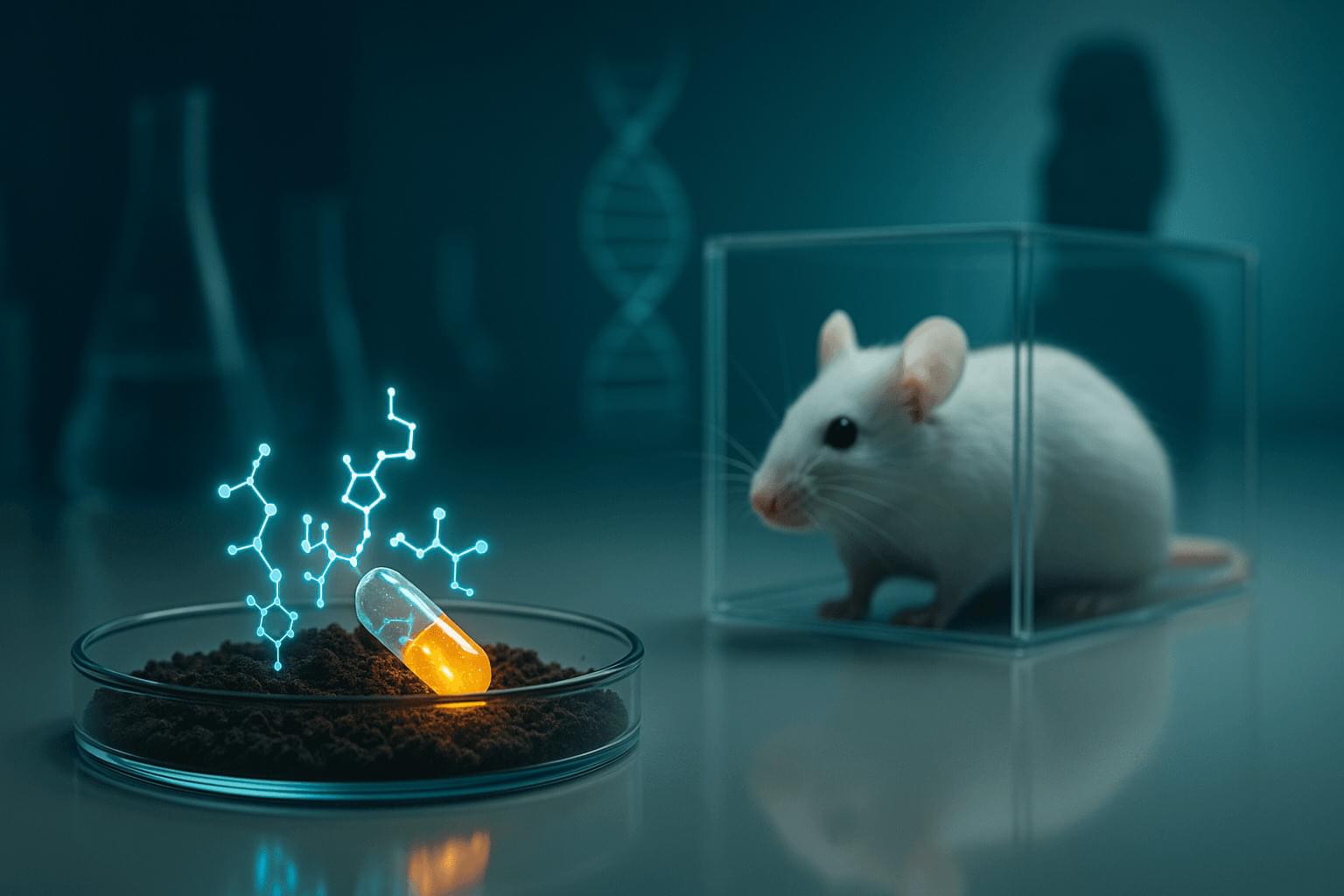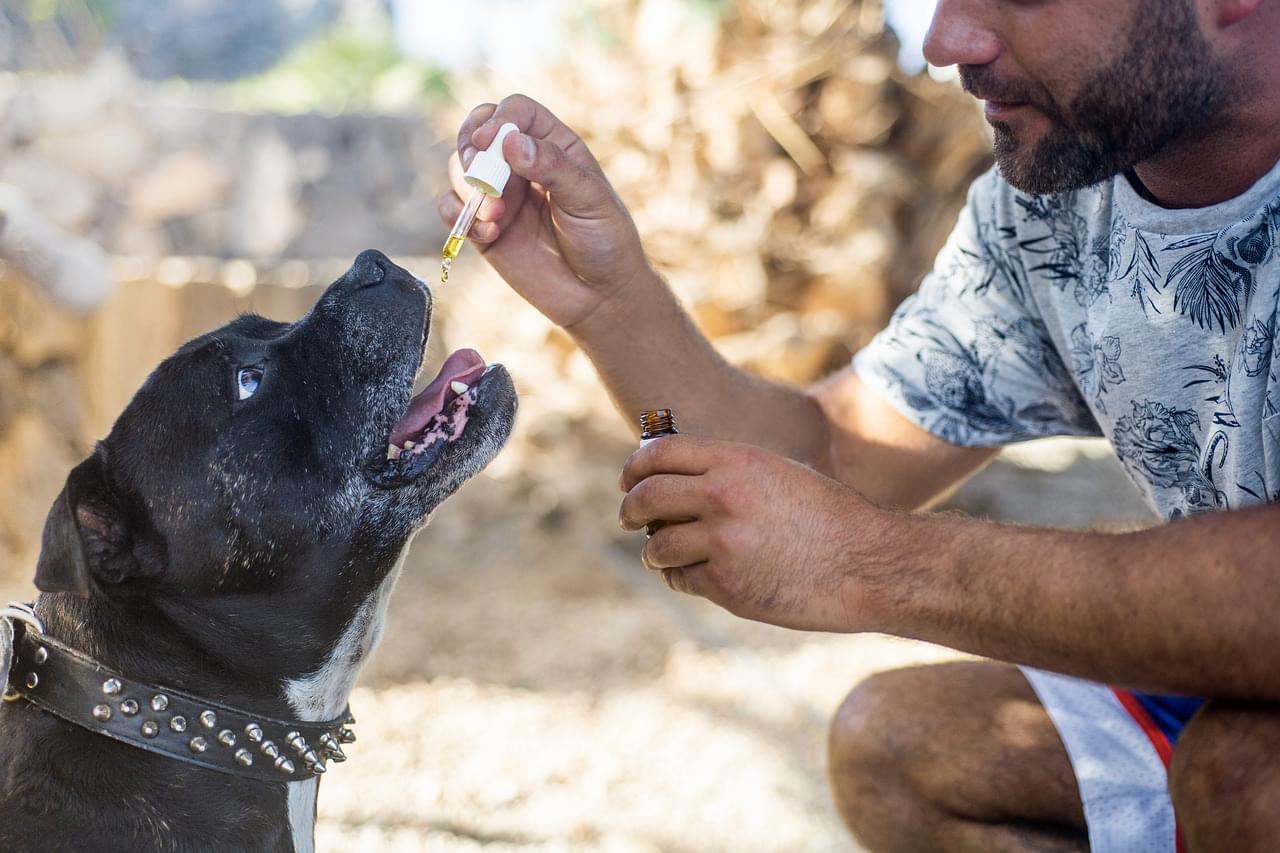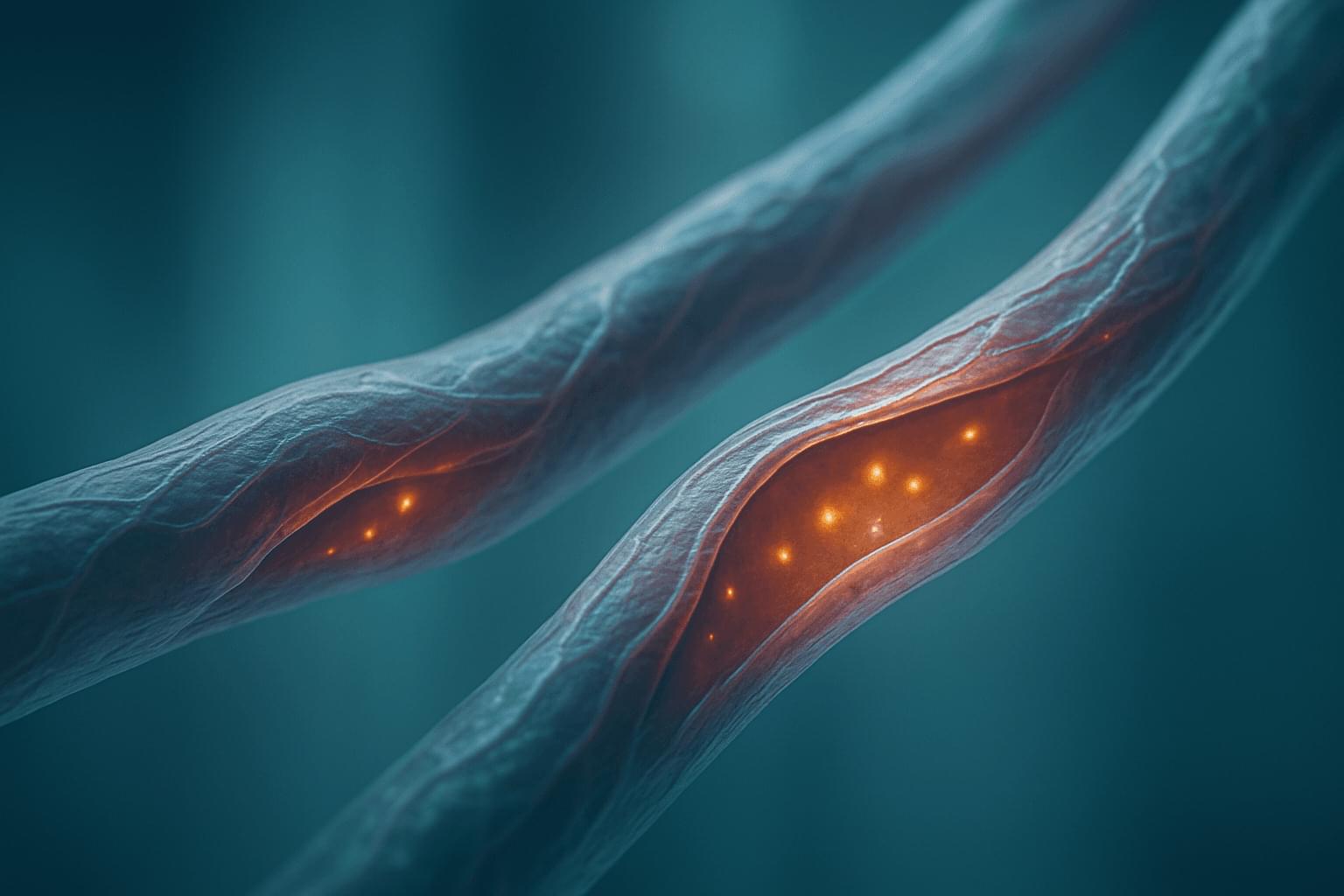The journey “Up from Eden” could involve humanity’s growth in understanding, comprehending and appreciating with greater love true and wisdom, shaping a future worth living for.
AI is accelerating faster than human biology. What happens to humanity when the future moves faster than we can evolve?
Oxford philosopher Nick Bostrom, author of Superintelligence, says we are entering the biggest turning point in human history — one that could redefine what it means to be human.
In this talk, Bostrom explains why AI might be the last invention humans ever make, and how the next decade could bring changes that once took thousands of years in health, longevity, and human evolution. He warns that digital minds may one day outnumber biological humans — and that this shift could change everything about how we live and who we become.
Superintelligence will force us to choose what humanity becomes next.






